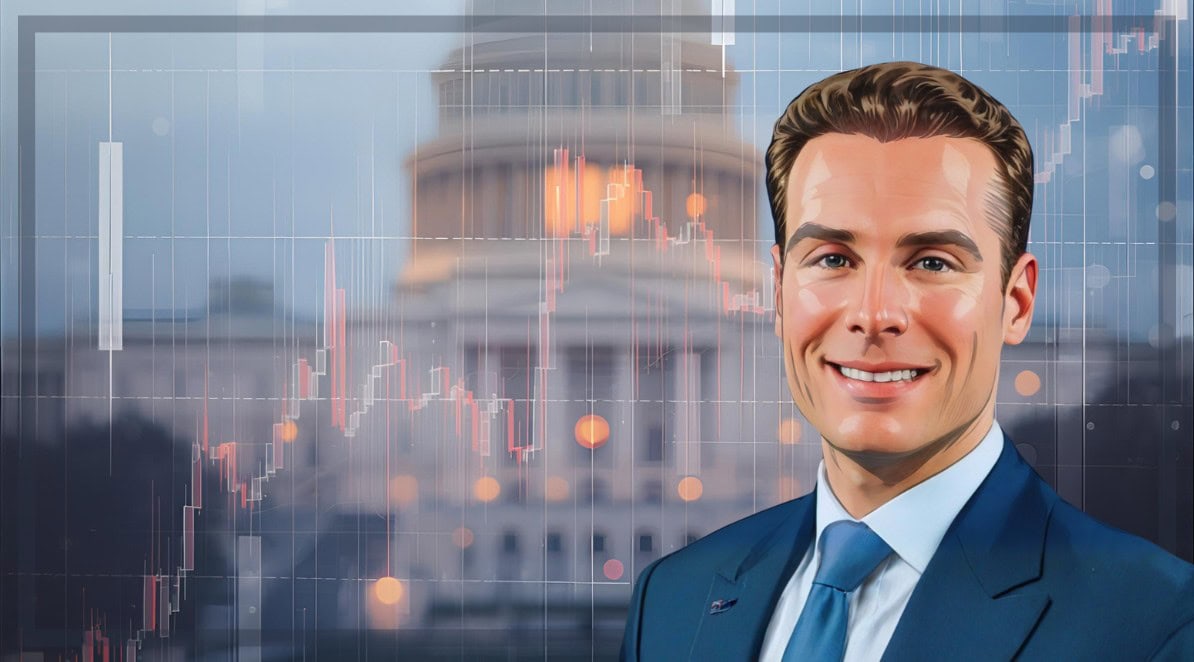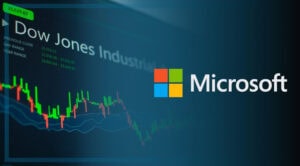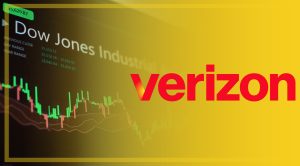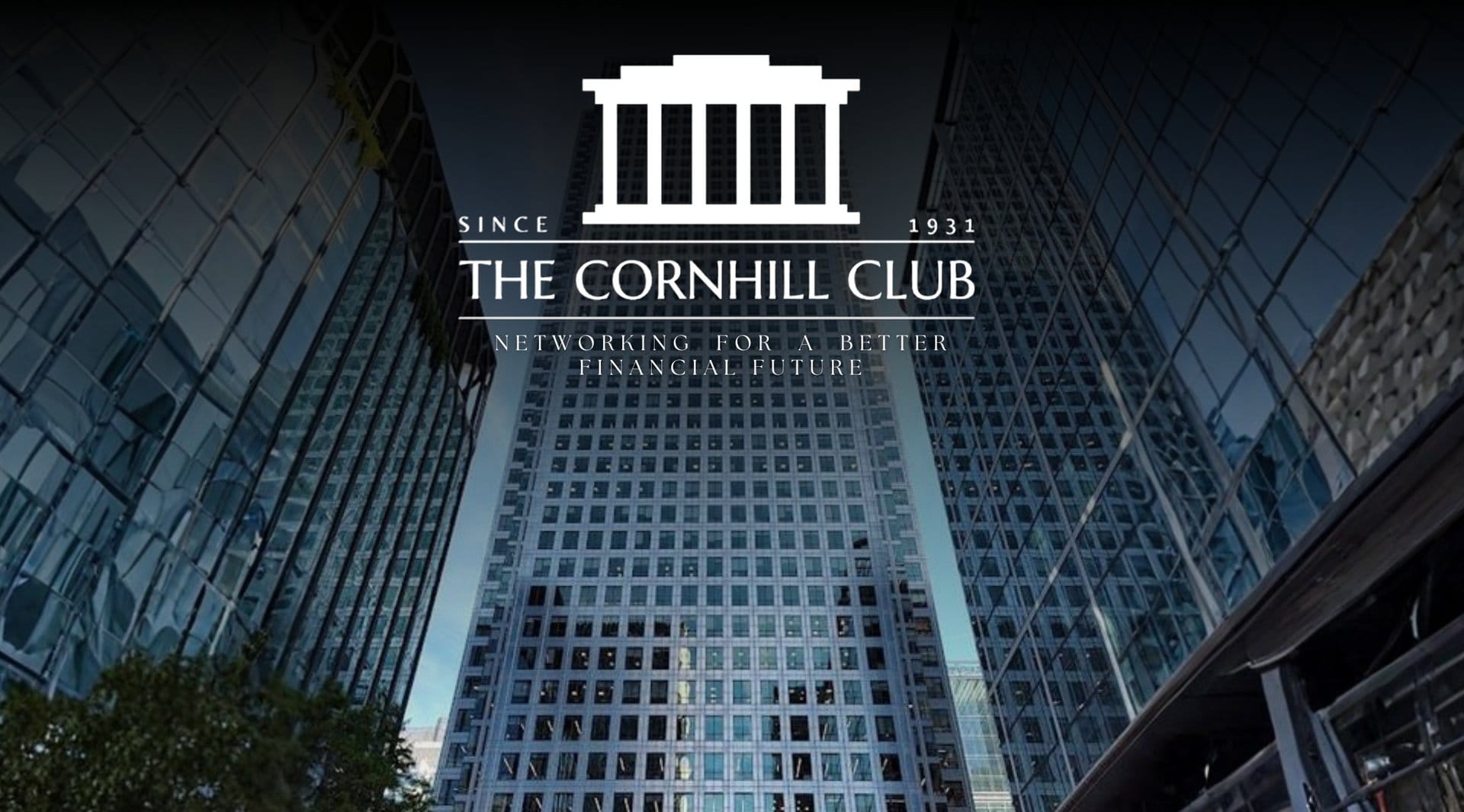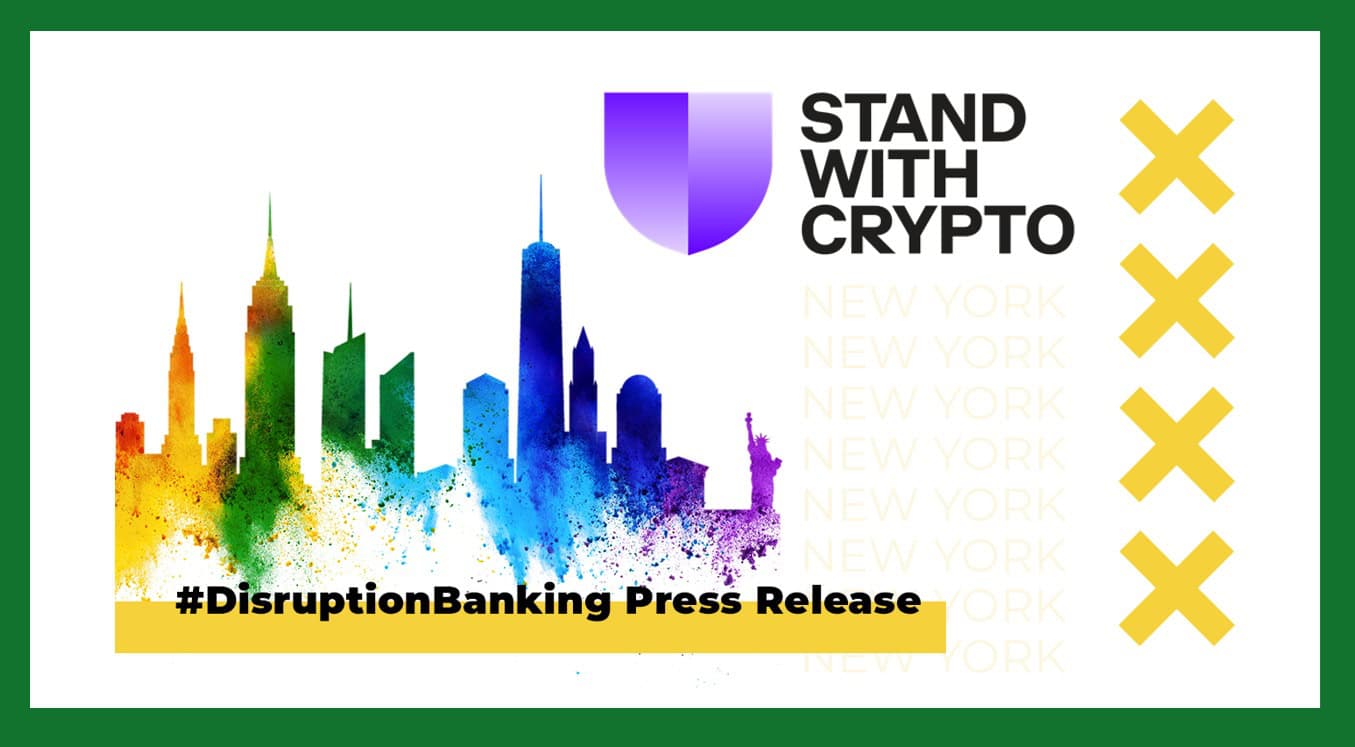The financial world took notice when Michael Selig, former CFTC counsel and financial regulatory attorney, was tapped by President Donald Trump to chair the U.S. Commodity Futures Trading Commission (CFTC). His nomination this month is more than another Washington reshuffle. To some, it’s a statement of intent. Selig’s rise marks a sharp turn in America’s regulatory philosophy: away from the enforcement-heavy era of the former CFTC chairman Rostin Behnam who resigned in January, toward a rule-based framework that prioritizes innovation, institutional participation, and crypto integration.
For institutional investors, this shift comes at a defining moment. Derivatives trading is growing fast, liquidity is still tight, and digital assets are back in the spotlight. With Selig, who supports clear and innovation-friendly rules, leading the CFTC, markets may finally see digital assets, commodities, and derivatives run under one clear set of rules.
Selig: A Rulemaker, Not an Enforcer
Selig’s nomination is a win for those calling for regulatory modernization. A veteran of the CFTC and former partner at Willkie Farr & Gallagher, he has spent his career at the intersection of digital assets, derivatives, and market structure. At Willkie, he analyzed the Commission’s first cases involving DeFi and NFTs, arguing consistently that rulemaking, not punitive enforcement, should drive oversight. Earlier, under “Crypto Dad” J. Christopher Giancarlo, Selig contributed to the CFTC’s earliest crypto policy work.
More recently, as Chief Counsel of the Securities and Exchange Commission’s (SEC) Crypto Task Force, Selig helped bridge policy across agencies, crafting pragmatic digital-asset rules. The White House artificial intelligence and crypto czar David Sacks praised Selig as “deeply knowledgeable” about markets and passionate about modernizing rules to keep America competitive in the digital asset era. His philosophy is clear: innovation should be regulated, not resisted.
On X, he wrote that he would “work tirelessly to facilitate well-functioning commodity markets, promote freedom, competition, and innovation, and help the president make the United States the crypto capital of the world.”
That stance aligns neatly with Trump’s broader economic narrative, one that views blockchain and fintech not as threats but as strategic assets for American competitiveness. For Selig, innovation is a regulatory mandate, not some buzzword.
I am honored to be nominated by President Trump to serve as the 16th Chairman of the U.S. Commodity Futures Trading Commission. With the President’s leadership, a Great Golden Age for America’s Financial Markets and a Wealth of New Opportunities stand before us. I pledge to work… https://t.co/cO2vLBAv0z
— Mike Selig (@MikeSeligEsq) October 25, 2025
Clarity Over Chaos: What Markets Expect
Selig’s appointment arrives as the CFTC’s role in digital markets expands. The agency oversees U.S. futures, options, and swaps; and, crucially, treats Bitcoin and Ether as commodities. Under Selig, market observers expect clearer guardrails for exchanges and brokers, focusing on registration, custody, and market integrity.
This approach contrasts sharply with years of “regulation by enforcement.” Selig wants to bring clarity to institutional investors who need stable rules to hedge, trade, or invest in crypto-linked products. Analysts say his leadership could “accelerate institutional entry” into digital-asset derivatives and tokenized commodities.
Recent CFTC discussions under acting chair Caroline Pham on using stablecoins as collateral suggest a more open approach to blending blockchain assets with traditional markets. With Selig guiding policy, new crypto-based futures and options could gain approval under transparent rules, possibly paving the way for spot crypto commodities trading on regulated exchanges.
Crypto derivatives already move trillions of dollars, showing strong and growing demand. Unsurprisingly, Selig’s nomination and Congress’s passage of the GENIUS Act and potential approval of the CLARITY Act have been welcomed across Wall Street. Investors now anticipate a CFTC that embraces innovation rather than restrains it, a regulator that could restore U.S. competitiveness in global derivatives, attracting capital and talent that might otherwise flow overseas.
Behnam to Selig: Enforcement vs. Rulemaking
Selig’s appointment embodies a broader Trump-era policy shift. After years of regulatory gridlock, Washington under Trump’s current second administration appears ready to reassert financial leadership through modernization. The GENIUS and CLARITY Acts could partially expand the CFTC’s authority over crypto, institutionalizing a belief that innovation and oversight can coexist. Notably, even Trump’s own business ventures have dabbled in crypto (from social media tokens to NFTs), reinforcing the administration’s interest in the sector.
By contrast, Behnam’s tenure (appointed by former President Joe Biden), shaped by limited congressional guidance, relied on enforcement to fill legal gaps. His CFTC pursued major actions, including against Binance, Consensys, Robinhood, while frequently urging Congress to cede the CFTC more power. Selig represents the opposite philosophy: a rulemaking-led approach that provides legal certainty instead of back-and-forth courtroom battles.
The parallel to his former boss, Giancarlo, is deliberate. Just as Giancarlo ushered in regulated Bitcoin futures, Selig seems intent on evolving the CFTC into a proactive, fintech-savvy regulator. That shift matters. It replaces fear with dialogue, uncertainty with structure, and paralysis with progress.
It’s also important to address the challenges within the CFTC. This year so far Commissioners Summer K Mersinger and Christy Goldsmith Romero both resigned in May, while Commissioner Kristin Johnson resigned in August. This has left a much-diminished team to support the Acting Chair Caroline Pham.
There was an attempt to nominate Brian Quintenz to chair the CFTC, but later Quintenz withdrew his nomination. This paved the way for Selig’s nomination.
Why Institutions Are Watching Selig
For the buy side, the implications are tangible. With Selig expected to coordinate with SEC Chair Paul Atkins on token classification and cross-agency frameworks dubbed “Project Crypto,” the market may finally see consistency in crypto and commodities regulation. Industry leaders, including CEO Ji Hun K. of Crypto Council for Innovation (CCI), praise his nomination as one that brings “clarity, stability, and global competitiveness for U.S. markets.”
Selig inherits an agency stronger than it was under Behnam buoyed by legislative clarity and industry goodwill, albeit with a reduced capacity for now due to various commissioners resigning. If confirmed, he will face the dual challenge of fostering growth while guarding integrity. Yet his record suggests he understands the balance: set the rules clearly, enforce them fairly, and let innovation thrive within them.
In summary, Selig’s rise heralds not just a new CFTC chairman, but more so a philosophical reorientation of American financial oversight.
For institutional investors, it offers something rare; a regulator fluent in both the language of compliance and the grammar of innovation. If he delivers on that promise, Selig could help usher in what some in Washington are already calling a “new golden age” for U.S. markets.
Author: Richardson Chinonyerem
The editorial team at #DisruptionBanking has taken all precautions to ensure that no persons or organizations have been adversely affected or offered any sort of financial advice in this article. This article is most definitely not financial advice.
See Also:
David Sacks Press Briefing | Disruption Banking
From the CFTC to ‘CryptoDad’ | Disruption Banking
Crypto Dad Slams DeFi Rules, Champions Innovation at NABS25 | Disruption Banking
Powering Bitcoin Accumulation: The American Bitcoin Strategy | Disruption Banking





